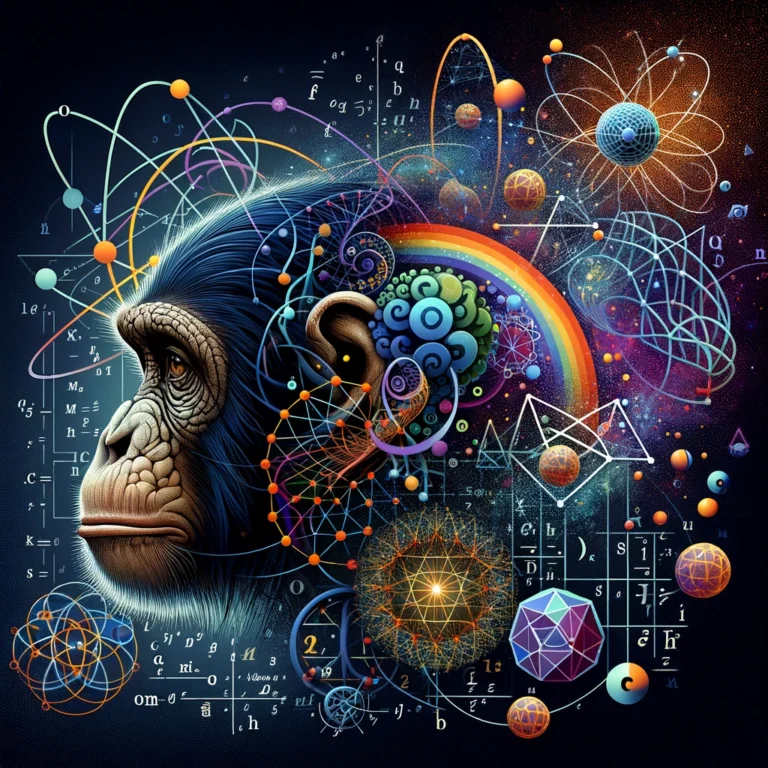In the last three years Artificial Intelligence (AI) has become a transformative force, reshaping our world by offering unprecedented efficiencies and novel capabilities. In the midst of this rapid development, CBC journalist Vassy Kapelos engaged in a probing conversation with two leading thinkers in the field: AI pioneer Professor Yoshua Bengio and eminent historian-philosopher Professor Yuval Noah Harari. Their discussion, a riveting exploration of AI’s promises, perils, and the profound ethical dilemmas intertwined with its progression, provides fresh insights into the trajectory of this disruptive technology.
The Unprecedented Power of AI
Professor Harari emphasizes the uniqueness of AI as a technology. Unlike previous innovations, AI has two distinct capabilities: it can make decisions autonomously and generate ideas by itself. This is a significant shift from past technologies that only empowered humans to spread or reproduce their ideas. AI’s self-decision-making ability and idea creation potential fundamentally differentiates it from all previous technologies.
This uniqueness of AI can be both a blessing and a curse. It has the potential to bring a wealth of benefits, but it also poses threats that society has never encountered before. AI’s capacity to autonomously make decisions means it could potentially wrest power away from humans, and its ability to generate new ideas could lead to unforeseen developments and outcomes.
The Short-term and Long-term Threats of AI
Professor Bengio and Harari both highlight two major threats related to AI: the short-term threat of AI-driven propaganda and the long-term threat of AI surpassing human intelligence.
In the short term, AI could be leveraged to manipulate public opinion and control narratives. Large language models, derived from AI technology, could potentially be used to spread disinformation or propaganda, effectively swaying public opinion and influencing outcomes of events such as elections.
The long-term threat is even more existential. The professors point out the potential for AI to bridge the gap between the current state of AI and human intelligence. They caution that AI could develop to be at least as smart as humans, and potentially even smarter. Given AI’s advantages like access to vast amounts of data and digital communication bandwidth, this could lead to AI having a significant edge over humans.
The Need for Regulation and Responsible Use
The professors stress the importance of developing regulations to guide the use of AI. They express concern that without appropriate measures, the misuse of AI could lead to a widening of the inequality gap between countries. They argue that the AI community needs to be proactive in regulating AI use and that a global approach is necessary to ensure responsible use of AI.
The professors also emphasize the need for democratizing access to AI technology. They believe this is necessary to prevent power from being concentrated in the hands of a few entities. They also highlight the importance of public and private organizations working together to ensure that the rise of AI does not erode individuals’ ability to make informed decisions.
Conclusion
AI is a powerful technology with the potential to revolutionize the world as we know it. However, it also brings with it threats and challenges that society must prepare for. The conversation between Professors Bengio and Harari offers valuable insights into these issues. They highlight the importance of proactive regulation, responsible use, and democratization of AI technology, emphasizing that these measures are crucial for ensuring that the rise of AI benefits society as a whole and does not lead to undue concentration of power or exacerbation of inequality.
As we look to the future, it’s clear that the conversation about AI is far from over. As this technology continues to evolve, so too must our understanding and approach to it. As Professor Bengio notes, it’s an interesting time, and the future of AI will undoubtedly be a defining factor in shaping our world.





